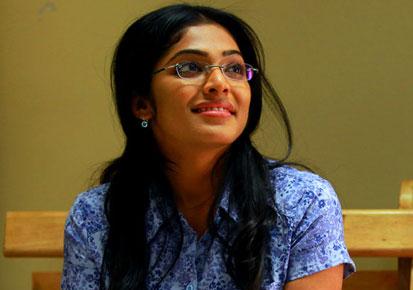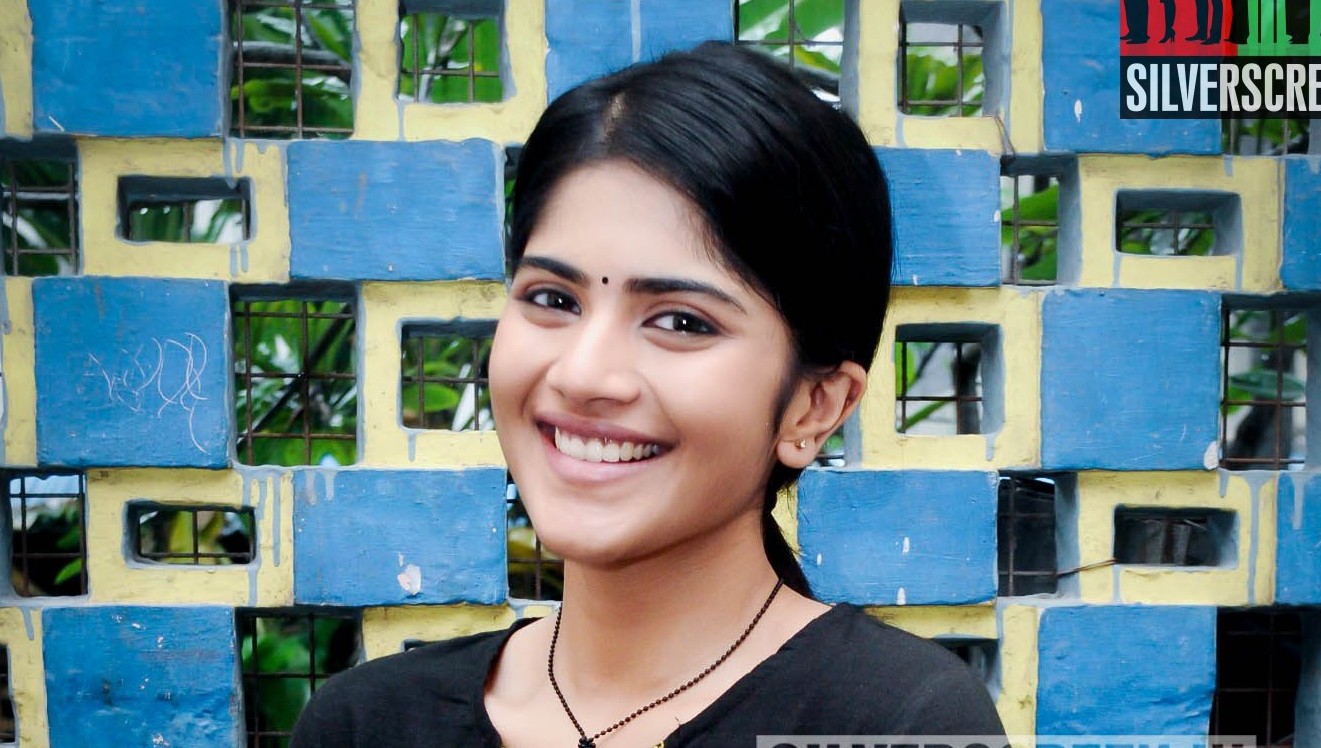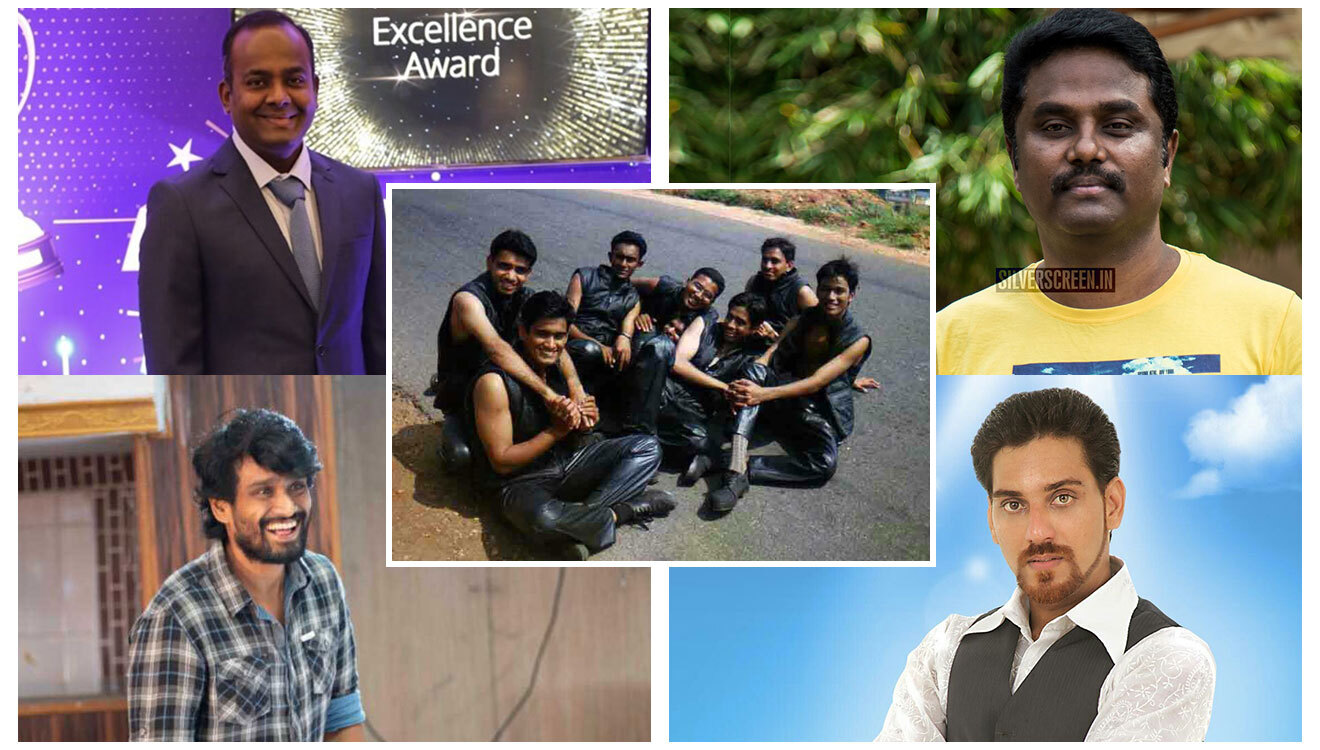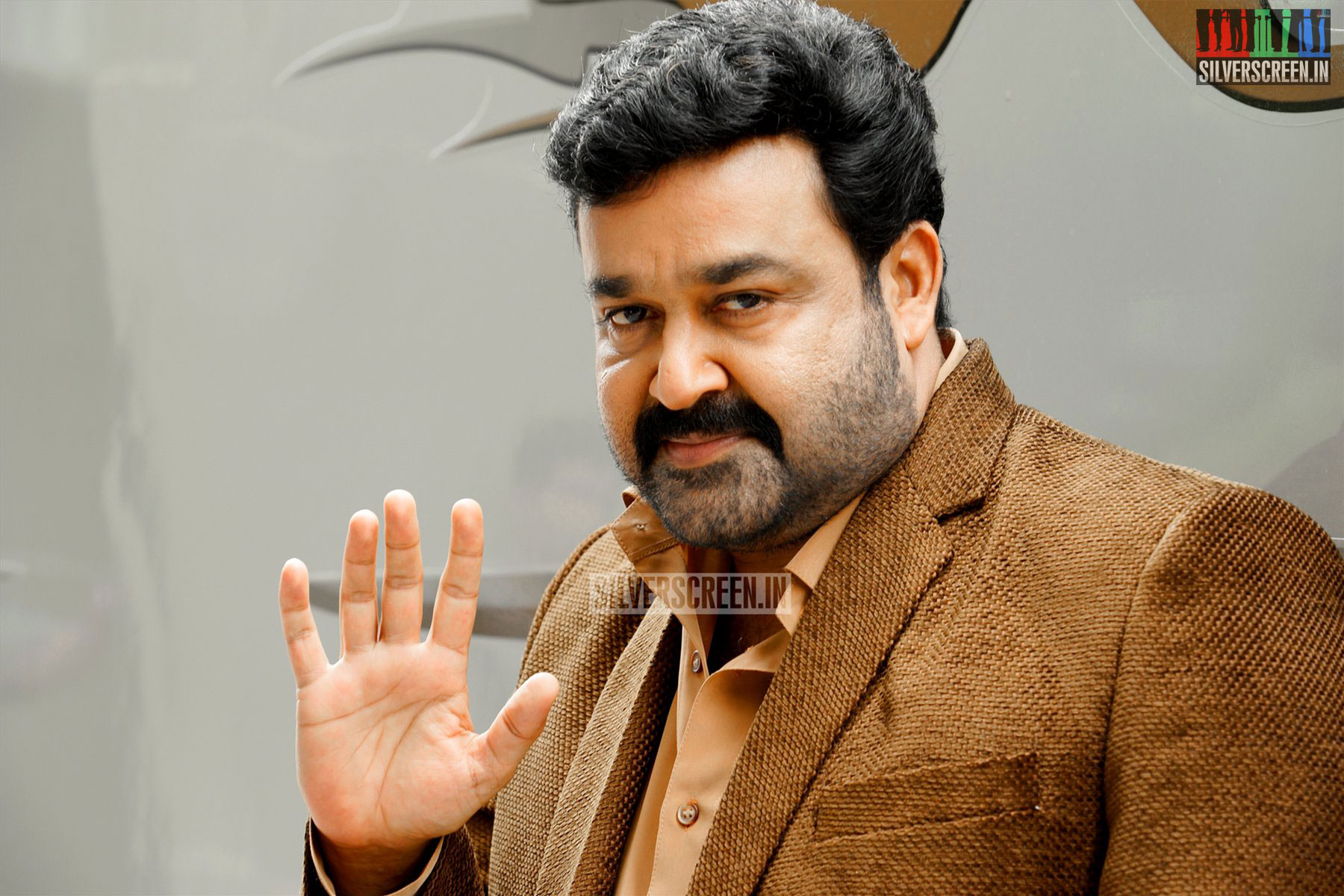Actress-danseuse Rima Kallingal is one of the few Mollywood celebrities who has voiced opinion on the ongoing Sabarimala debate. “I am glad to be living in a time where this debate is happening. Let it be known and let it become common practise that you can question unfair and degrading traditions. Let everyone find their voice and self, irrespective of gender, class and religion. Let us look at the larger picture,” Rima wrote on her Facebook page on September 3.
One of the oldest shrines in India, Sabarimala temple is located in the Pathanamthitta district of Kerala. It is visited by millions of devotees every year. However, women aged between 10 and 50 are not allowed to enter the temple or its premises. The debate on whether the ban is regressive or not has been going on for years and in the latest, it was reignited by a recent Bombay High Court decision which opened the city’s Haji Ali Dargah to women. The Supreme Court will soon hear a Public Interest Litigation which challenges the ban on women in Sabarimala. The PIL says that the ban violates a woman’s civic rights.
While activists favour the modification of the rules in the temple, Hindu traditionalists, including a section of women, oppose the idea of letting women enter the temple.
Rima, in her Facebook post, quoted a feminist piece,”Quite obviously, where oppression exists, revolutions are bound to come, and each era witnessed a revolt by the oppressed class to weed out the discrimination against them. Gradually, a lot of stringent rules were flexed to abolish various unjust traditions and customs.”
The actress’ post was met with harsh trolls from right-wingers who asked her if she would fight in a similar way for her rights to pray at a mosque with her husband Aashiq Abu.
Recommended
In a subsequent post, Rima explained her stand further, “This discussion needs to go beyond the religious culture and ritual excuse given to keep women away from the public sphere. I look at this restriction as part of a long list of constrains slapped on women by all religions and society as a whole,to keep her within an order. It is just another symbol of chauvinism. That is the larger picture we need to be looking at. This should be looked at as a fight for the basic human right to freedom of movement.. Whether it is about entering temples ,mosques or no matter where. And it is definitely not about me going to a mosque first before going to Sabarimala. That is the narrowest possible argument to this discussion.”
Rima’s marriage to director-producer Aashiq Abu was also a subject of controversy. The duo were repeatedly questioned by media and public on whether Rima, a Hindu by birth, would convert to Islam post-wedding. “No, I am not thinking of converting to a new religion. I am thinking if I need a religion at all,” she had said then. Her bold reactions to social issues and her refusal to conform with traditional ideas have always made earned her the wrath of right-wing parties in the state.



